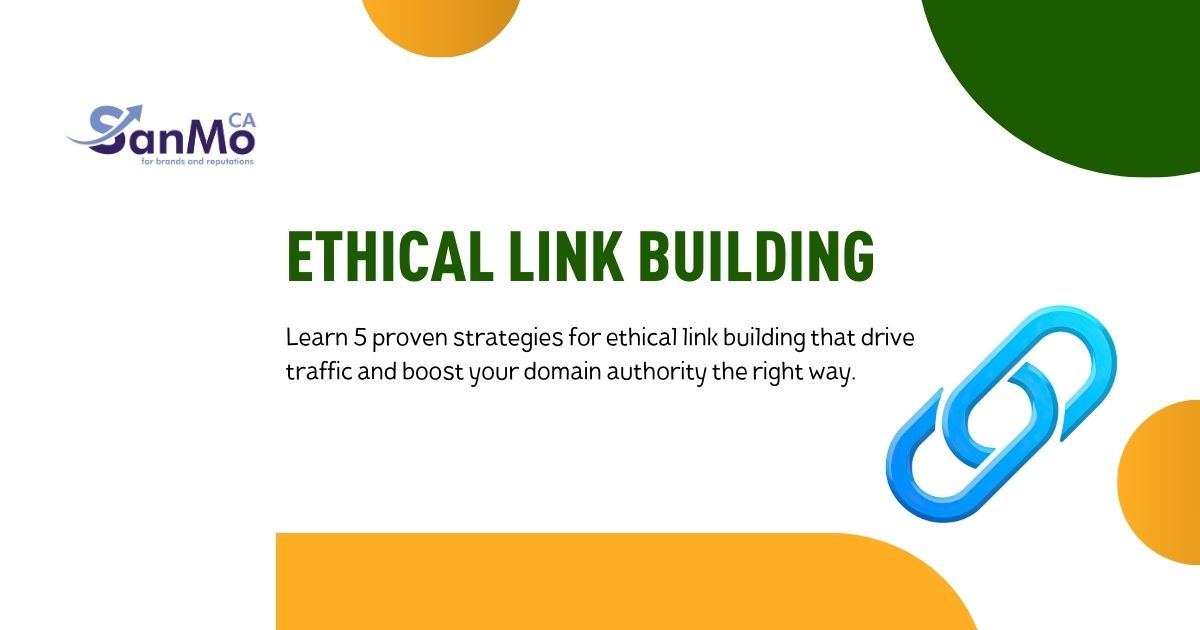In the current digital environment, a strong SEO strategy is imperative for any business seeking to
improve its online presence. In addition to enhancing search engine rankings, an effective SEO
strategy generates organic traffic to your website. Below is a comprehensive guide to developing
a successful SEO strategy.
Comprehending the SEO Strategy
An SEO strategy is a comprehensive plan that aims to enhance a website’s search engine rankings
and attract a greater volume of organic traffic. It entails a variety of strategies and procedures
intended to enhance your website’s appeal to search engines such as Google. A well-designed SEO
strategy can have a substantial impact on your website’s visibility and, as a result, your business’s
success.
Key Elements of an SEO Strategy
- Keyword Research: Comprehensive keyword research is the cornerstone of any SEO
strategy. Identifying the keywords your target audience uses to conduct searches is
imperative. Ahrefs and Google Keyword Planner are tools that can assist you in identifying
high-traffic keywords that are pertinent to your business. - On-Page SEO: This entails optimizing individual pages on your website to increase their
ranking and attract more relevant traffic. Title tags, meta descriptions, headers, and content
optimization about your desired keywords are critical components. Please remember that
an effective SEO strategy guarantees that your content is search engine-friendly and user-friendly. - Content Generation: The foundation of any SEO strategy is creating high-quality,
pertinent content. Producing content that addresses your audience’s inquiries and offers
value can improve your search engine rankings. As part of your SEO strategy, it is
imperative to consistently update your blog with new content. - Technical SEO: This component of your SEO strategy entails optimizing your website’s
technical capabilities, including mobile compatibility, site performance, and XML
sitemaps. By guaranteeing that your website is technically correct, search engines can more
effectively crawl and index it. - Link Building: A critical element of an SEO strategy is the development of high-quality
backlinks from reputable websites. Backlinks serve as ballots of confidence from other
websites and inform search engines that your content is trustworthy and valuable. - Local SEO: If you operate a local business, it is imperative to optimize your SEO strategy
for local search. This encompasses optimizing for local keywords, claiming your Google
My Business listing, and obtaining reviews from satisfied customers. - Analytics and Reporting: Monitoring the performance of your SEO strategy is essential
to identifying what is effective and what requires improvement. Google Analytics and
Search Console are tools that can offer valuable insights into your website’s performance
and traffic.
Implementing Your SEO Strategy
Establishing precise objectives is crucial to effectively executing your SEO strategy. Specific goals
will direct your efforts, whether increasing organic traffic, improving search engine rankings, or
boosting conversions. Subsequently, formulate a comprehensive action plan delineating the
necessary steps to accomplish these objectives. Consistently evaluate and modify your SEO
strategy using performance data. It is imperative to remain informed about the most recent trends
and algorithm modifications in order to achieve long-term success in SEO, which is a continuous
process.
Implementing a comprehensive SEO strategy is essential to enhancing your website’s visibility
and generating organic traffic. A comprehensive SEO strategy that yields results can be developed
by prioritizing keyword research, on-page SEO, content creation, technical SEO, link building,
local SEO, and analytics.








